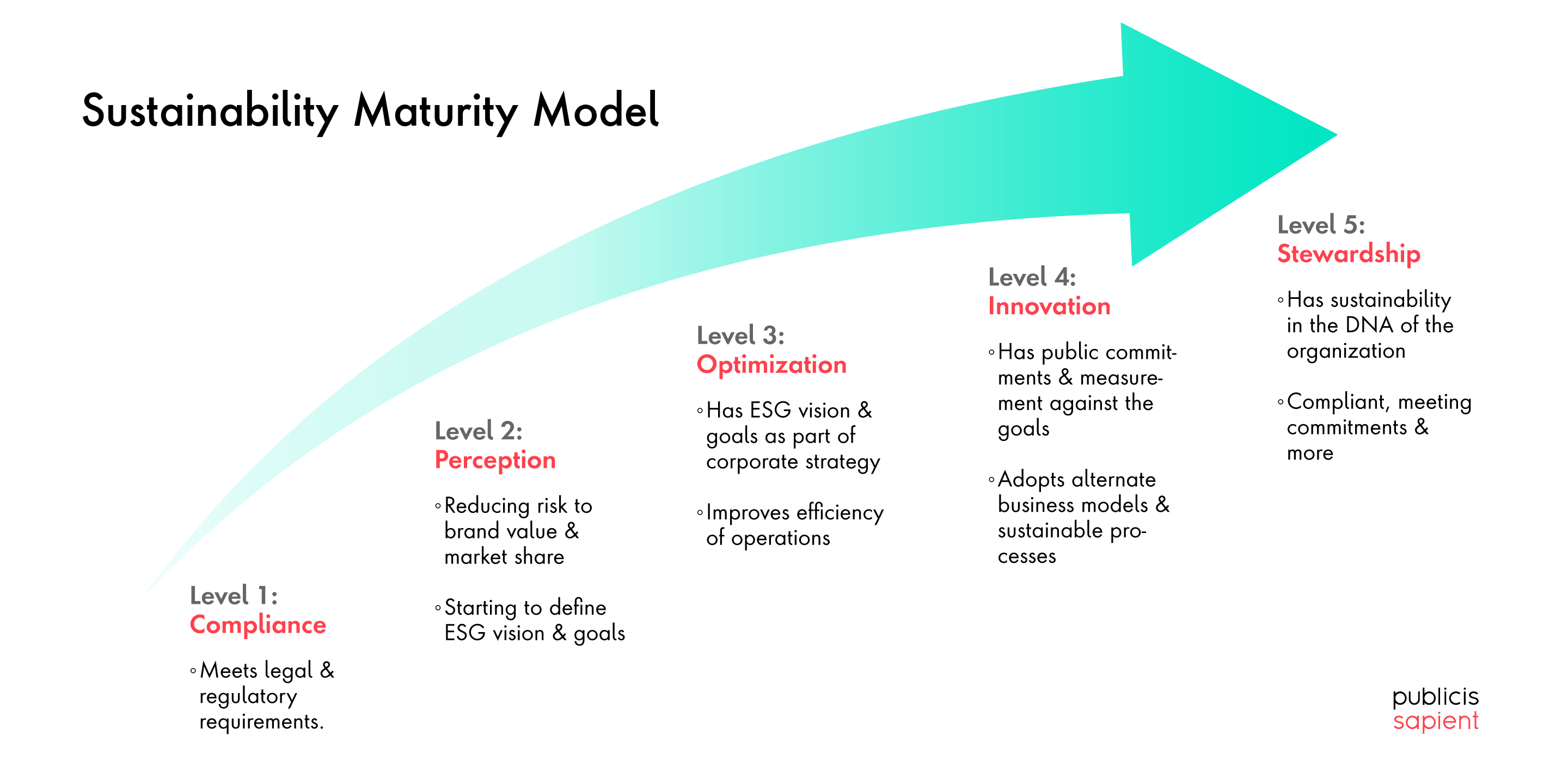What issue can we solve for you?
Type in your prompt above or try one of these suggestions
Suggested Prompt



Insight
The Path to Net Zero, One Step at a Time
The Path to Net Zero, One Step at a Time
The transition to a net-zero future is gaining speed. Smart companies will tackle the challenges, maximize the opportunities, and succeed. Is yours ready?
What is Net Zero?
There is a lot of buzz around the term “net zero.” Governments, businesses, and leaders are making pledges and commitments, and Salesforce even made a splash when it launched Net Zero Cloud (née Sustainability Cloud) in 2019. But what does net zero mean, and is it more than a buzzword?
Yes, net zero is real, and it is changing how we do business. Simply put, net zero means the amount of greenhouse gases produced and released into the atmosphere equals the amount removed.
Reaching net zero is a journey. And while this journey is one in which everyone plays a role, organizations are particularly well-positioned to drive significant and systemic change toward a more sustainable future.
There are several reasons why moving toward a net zero future benefits us all. However, the benefits for businesses are equally advantageous. By implementing sustainable practices and innovative solutions now, your business will be positioned to operate profitably as we enter an uncertain economic landscape.
“77% of consumers are motivated to purchase from companies committed to making the world a better place.” — Harvard Business School
Why Now?
However, as regulatory pressure increases and the economic benefits of carbon reduction become more evident, more companies are committing to and investing in net zero initiatives. The COP27 Summit in November 2022 served as a catalyst for many businesses to reassess their carbon emissions and set ambitious targets to reduce them.
Additionally, customer expectations of organizations have shifted in recent years. Studies indicate that consumers, especially younger generations, are increasingly prioritizing sustainability. In a 2019 Porter Novelli/Cone study, an overwhelming majority of Gen Z (90%) believe companies must take action to help social and environmental issues.
Furthermore, in a must-read Harvard Business School article that compiles 15 eye-opening corporate social responsibility statistics, one number jumps out: 77% of consumers are motivated to purchase from companies committed to making the world a better place.
It's clear that individuals are expecting more from organizations when it comes to environmental issues and corporate social responsibility. (I suggest you visit both links above and dive deeper into what our current and future customers are passionate about and why a net zero strategy is advantageous!) For businesses to continue to be relevant and successful, they will need to be in line with these expectations.
How? What Gets Measured Gets Managed
Before any organization can begin to make strides toward achieving net zero, they need a deep understanding of their current state to establish a baseline. Despite the controversy surrounding the well-worn quote and who said it (apologies Peter Drucker), “what gets measured gets managed” is actually relevant in this case.

Environmental sustainability is large and complex, with organizations scattered across the sustainability maturity model. Pinpointing where your organization sits along the scale will help you understand the tangible steps needed to increase maturity and position you as a leader in this space. By understanding their ranking, organizations can then develop a roadmap to reach net zero.
Businesses treating sustainability as an engine for growth instead of a mere compliance issue will begin to capitalize on the opportunities that come with it. Key benefits of implementing a net zero plan:
- Transparency with all stakeholders through proactive management
- Improved brand reputation and customer acquisition
- Lower carbon footprint and operational expenditure
- Improved relationships with customers, employees and across the supply chain
Salesforce Net Zero Cloud Leads the Way
Decarbonization, while just one aspect of a company's sustainability efforts, is crucial and serves as a strong foundation for the overall sustainability journey. Digital solutions such as Net Zero Cloud and the Salesforce platform can provide this foundation for organizations looking to accelerate their journey.
Net Zero Cloud is an enterprise solution built on the Salesforce platform that helps companies track, analyze, report, benchmark and forecast their emissions across their entire value chain over time. Features include a carbon calculator to help businesses estimate their carbon footprint, as well as a sustainability report builder to help businesses create and share reports on their progress toward net zero emissions. Implementing Net Zero Cloud enables organizations to solve key challenges such as:
- Data Acquisition: Accurate and frequent reporting to assess performance against targets allows organizations to course correct, when necessary, with regular data ingestion through integration platform and IoT devices.
- Analytics: Rich and robust data also provides the opportunity to introduce Artificial Intelligence, forecasting and scenario planning capability allowing your organization to set meaningful targets and track and meet net-zero goals more efficiently.
- Scope 1, 2 and 3 Emissions Management: Gain a complete picture of your emissions profile across the entire ecosystem of your organization and value chain, plus valuable insight into your suppliers’ impact on carbon emissions.
Sustainability-related change is an end-to-end process and commitment. A successful path to net zero requires a platform to integrate complex data sets, measurement and reporting.
“75% [of Gen Z] will do research to see if a company is being honest when it takes a stand on issues.” — 2019 Porter Novelli/Cone Study
Make Your Next Step Net Zero
Effective carbon management begins with understanding your organization's carbon output. By gaining visibility into your energy consumption and emissions, your business can clearly identify areas for improvement. With deeper insights, you can implement more efficient processes and technologies, resulting in cost savings through decreased operational expenses.
Furthermore, as consumers become increasingly conscious of environmental impact, companies that demonstrate a commitment to sustainability can gain a competitive edge by 1) building trust with customers, 2) increasing brand loyalty, and 3) capturing new business that ultimately drives revenue growth.
At Publicis Sapient, we believe being a good global citizen means doing our part to help organizations navigate the complicated sustainability challenges. That's why we built a Net Zero Lab to provide next-level strategic guidance and support on roadmap development, empowering organizations to identify the optimum path to decarbonization and beyond.
We have an unparalleled depth of experience in strategic consulting, helping companies bridge the gap between declared intentions, measurable action, and impactful results. Together, we can get you on the net zero path to being a better global citizen.
Related Reading
-
![]()
Trust, Not Data, Is the New Currency
A CDP empowers brands to collect, unify and secure customer data and confidently build long-lasting relationships founded on trust and transparency.
-
![]()
Publicis Sapient’s Value Alignment Lab
An outcome driven discovery workshop focusing on delivering value.
-
![]()
Gaming Retailer Levels Up Its Omnichannel Ecosystem
A scalable digital strategy and experience meets the needs of the next generation and yields major revenue gains.







